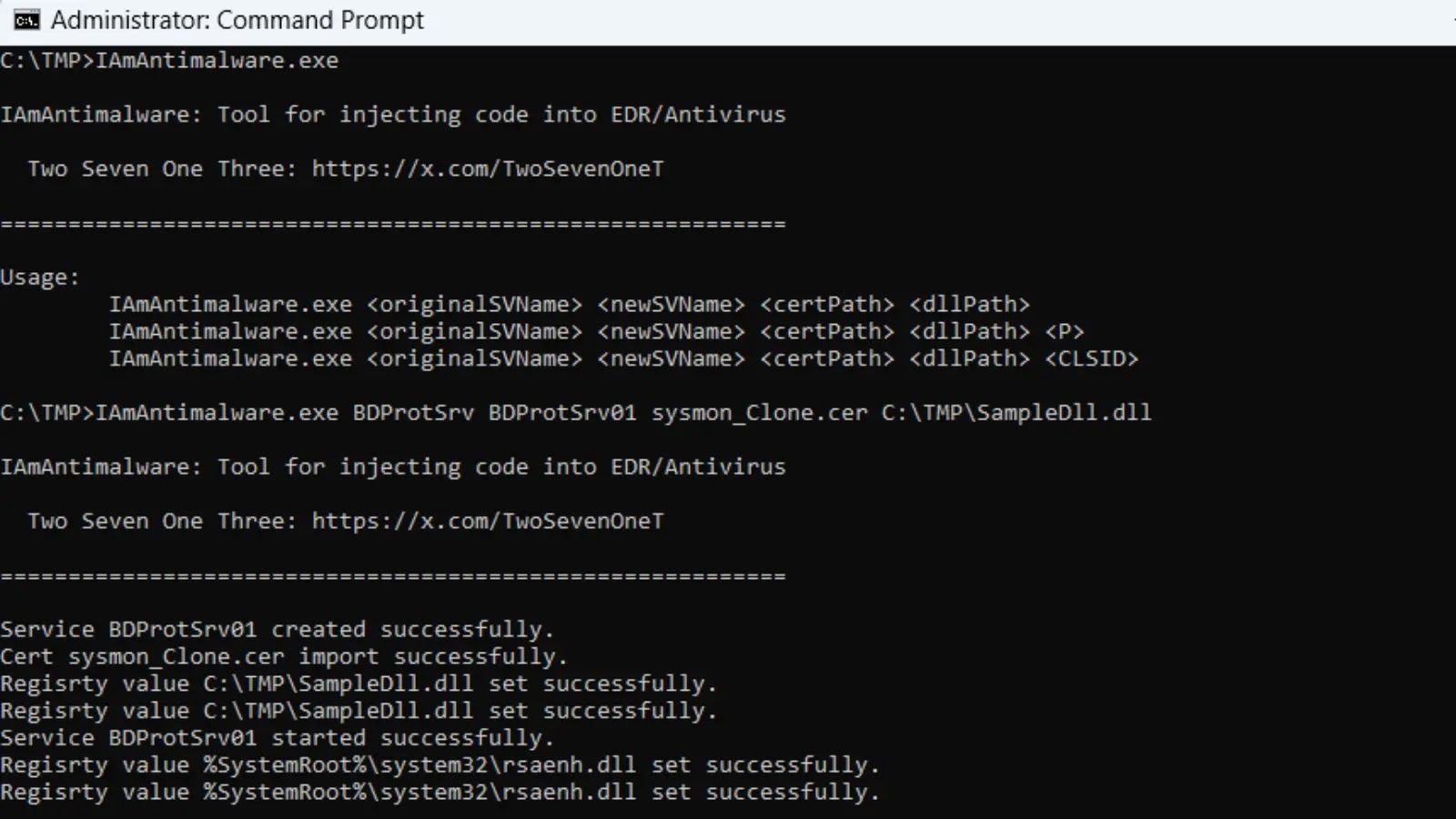In a significant development, cybersecurity firm CTM360 has identified a substantial escalation in the PlayPraetor campaign, a sophisticated global scam targeting Android users through fraudulent Google Play Store pages. Initially uncovering over 6,000 deceptive URLs, CTM360’s ongoing research has now revealed more than 16,000 such URLs, indicating a rapidly growing threat landscape.
Evolution of the PlayPraetor Campaign
The PlayPraetor campaign has evolved significantly since its initial discovery. Cybercriminals have refined their tactics, creating highly convincing fake Play Store websites that closely mimic the official platform. These fraudulent sites lure users into downloading malicious applications, leading to severe security breaches.
Newly Identified Variants
CTM360’s latest research has uncovered five new variants of the PlayPraetor malware, each exhibiting unique characteristics and targeting specific regions and industries:
1. PlayPraetor PWA: This variant installs deceptive Progressive Web Apps (PWAs) that mimic legitimate applications. Once installed, these PWAs create shortcuts on the user’s home screen and send persistent push notifications to encourage interaction. Industries affected include technology, finance, gaming, gambling, and e-commerce, with over 5,400 detected cases.
2. PlayPraetor Phish: Utilizing WebView-based phishing techniques, this variant launches phishing webpages designed to steal user credentials. It primarily targets the financial, telecommunications, and fast-food industries, with approximately 1,400 detected cases.
3. PlayPraetor Phantom: Exploiting Android’s accessibility services, this variant achieves persistent control over infected devices. It operates silently, exfiltrates data, hides its icon, blocks uninstallation attempts, and masquerades as a system update. Industries targeted include finance, gambling, and technology.
4. PlayPraetor Veil: This variant employs advanced stealth techniques to conceal its malicious activities behind legitimate branding. It focuses on the financial sector, aiming to steal banking credentials and execute fraudulent transactions.
5. PlayPraetor RAT: Functioning as a Remote Access Trojan, this variant provides attackers with full control over infected devices. It targets various industries, including finance and technology, facilitating data theft and unauthorized access.
Regional Focus and Targeted Industries
The PlayPraetor campaign exhibits a global reach, with specific variants focusing on regions such as the Philippines, India, South Africa, and other global markets. The primary objective across all variants is to infiltrate the financial sector, aiming to steal sensitive information like banking credentials, credit and debit card details, and digital wallet access. In some instances, the malware enables attackers to execute fraudulent transactions by transferring funds to mule accounts, highlighting a well-organized operation with significant financial implications.
Technical Analysis and Detection Insights
Each PlayPraetor variant employs distinct techniques to achieve its malicious goals:
– PlayPraetor PWA: By installing fake PWAs, this variant deceives users into interacting with malicious applications that appear legitimate. The persistent push notifications serve to increase user engagement, thereby enhancing the malware’s effectiveness.
– PlayPraetor Phish: This variant leverages WebView to display phishing pages that closely resemble legitimate login portals. Unsuspecting users enter their credentials, which are then harvested by attackers.
– PlayPraetor Phantom: By exploiting accessibility services, this variant gains deep control over the device, allowing it to perform actions such as keylogging, screen capturing, and preventing uninstallation. Its stealthy nature makes detection and removal particularly challenging.
– PlayPraetor Veil: Utilizing advanced obfuscation techniques, this variant hides its malicious activities behind the facade of legitimate applications, making it difficult for users and security software to identify the threat.
– PlayPraetor RAT: As a Remote Access Trojan, this variant provides attackers with comprehensive control over the infected device, enabling activities such as data exfiltration, surveillance, and further malware deployment.
Preventive Measures and Recommendations
To mitigate the risks associated with the PlayPraetor campaign, users are advised to adopt the following security practices:
– Download Apps from Official Sources: Only install applications from the official Google Play Store or Apple App Store to reduce the risk of downloading malicious software.
– Verify App Authenticity: Before installing any application, verify the developer’s credentials and read user reviews to ensure legitimacy.
– Limit Permissions: Be cautious when granting permissions to applications, especially those requesting access to accessibility services, as these can be exploited by malware.
– Utilize Mobile Security Solutions: Employ reputable mobile security software to detect and block potential threats.
– Stay Informed: Keep abreast of emerging cybersecurity threats by following reports from trusted cybersecurity organizations.
Conclusion
The expansion of the PlayPraetor campaign underscores the evolving nature of cyber threats targeting Android users. The discovery of multiple variants with region-specific targeting and sophisticated techniques highlights the need for heightened vigilance and proactive security measures. By adhering to recommended security practices and staying informed about emerging threats, users can better protect themselves against such malicious campaigns.



